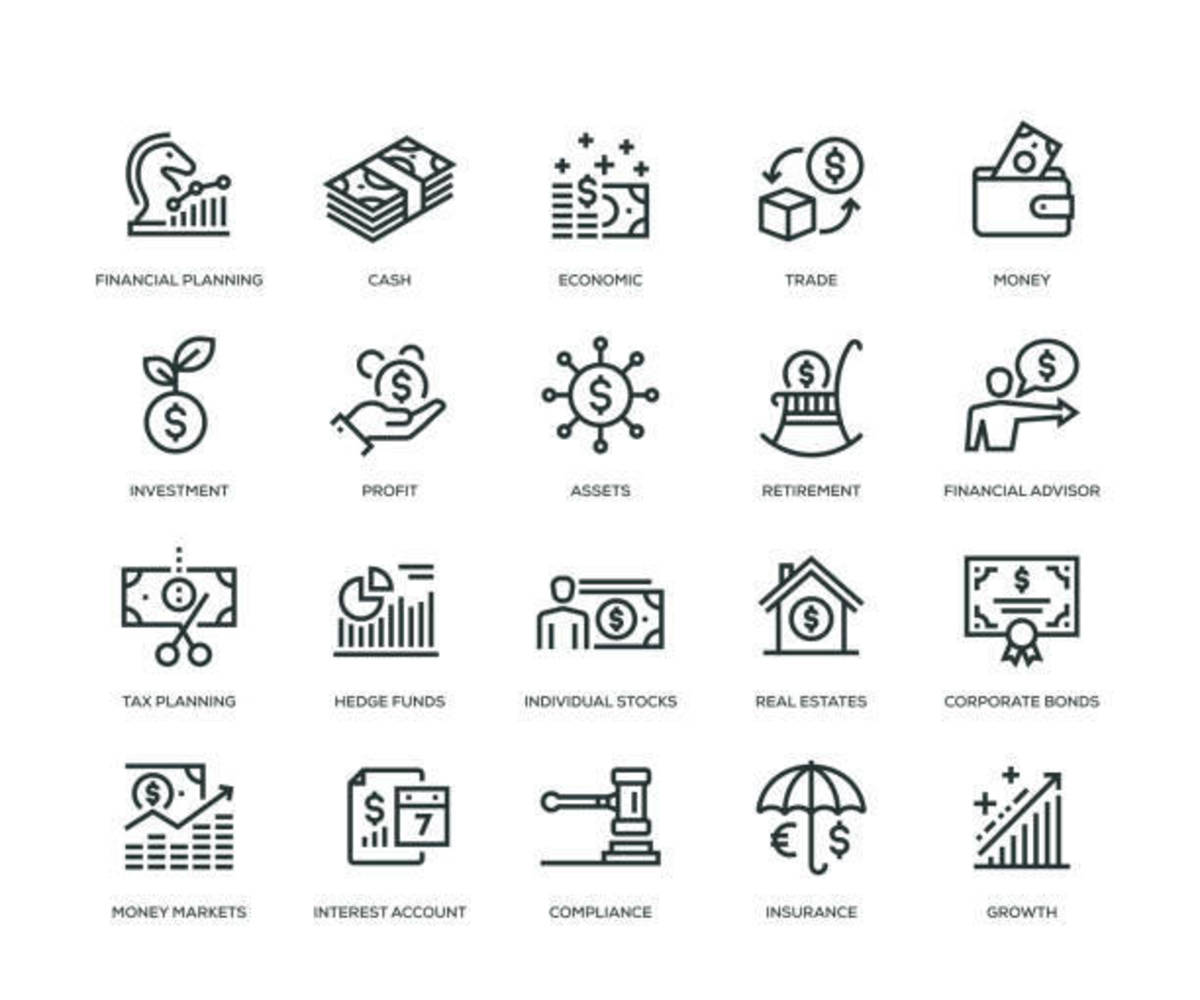What Score Do I Need to Get a Home Loan?

Get Your Credit Score Up As High As You Can
When lenders begin the process of determining whether or not they will give you a loan, they will first do an analysis of your credit history. Part of this analysis is to run a credit history report.
Even if you already own a home and think you no longer need to worry about your credit score, there may come a time when you need to refinance your current loan for a better interest rate. You may want to take some cash out of your home for home improvements, college tuition, vacation, or for whatever reason you might need additional money. In any event, the higher your credit score the better are your chances of obtaining a better loan.
FICO®
FICO® is a registered trademark for Fair Isaac Corporation, a company that developed a credit-scoring model used to evaluate and measure credit history. While there are other companies that do the same thing, most people are familiar with their FICO score; consequently, sometimes instead of saying credit score, they will say FICO score to represent their credit history report.
A Quick Story Before I Begin
Let me start with a quick story about a recent conversation I had with a buyer who was looking to purchase a home. We were looking at her credit report and talking about how credit reports played into the type of loan that she would receive, interest rates, and so on. When she asked what she could do to get a better interest rate I said, ‘Up your FICO!’ She said, “Excuse me?” We got a good laugh out of that. However, seriously, that is exactly what she and you would need to do to get a better interest rate… UP YOUR FICO!
A Lot Depends on Your Credit Score
Since so much depends on your credit rating, you need to get your credit score up as high as you possibly can and keep it there for as long as you can. The focus of this article is to share with you what a FICO and/or credit score is, the credit score range, and what are some of the things you can do to increase your credit rating to get a better loan for purchasing your home.
To understand what score you need to get a home loan, I’ll need to answer the following questions.
- What is a credit score?
- How Does a High Credit Score Help You?
- How Does a Low Credit Score Hurt You?
What Is a Credit Score?
Credit companies use a complex mathematical formula to evaluate credit history data. The formula is so complicated that no human being could possibly do the computations themselves. No one knows exactly how the program works. In fact, it is a company secret. In any event, the formula is designed to present a report, which shows a snapshot of your credit risk. The report is based on consumer credit reports given by credit bureaus, lending institutions, and any other creditor where you have an obligation to pay. Your obligation could be a revolving debt, such as with credit cards, or an installment debt, such as with a car payment, furniture payment, a home loan, in fact, any sort of loan where you are contractually obligated to pay.
People to whom you have a contract to re-pay can report your payment history to reporting companies, and then, the reporting company enters the information into the mathematical equation. Your score is derived from the information received from your creditors.
Are you still with me?
FICO is a Familiar Term
Regardless of which company generates the credit report, the use of the term FICO® has become as familiar as the use of the term Kleenex®. Many people say FICO to mean credit score and many people say Kleenex to mean facial tissue.
Many Reporting Agencies
There are thousands of credit-reporting companies, and depending on which company generates your credit report, your credit score report may have a title other than FICO. The most recognized credit reporting companies are Equifax, Experian and TransUnion. In addition, if Equifax generates your credit report, then your credit score report is called your Beacon score; Experian generates a Fair, Isaac Risk Model report; and TransUnion generates an Emperica report.
The Highs and Lows of Credit Scores
How Does a High Credit Score Help You?
Having a high credit score can help you in the most significant ways. First, as you know, your credit score is a picture of your payment history, and if you have a high credit score you will be considered a low credit risk, consequently, you may be able to obtain faster loan approval. Lenders, seeing how well you have managed credit in the past, may be more likely to make more credit available to you. A high credit score speaks volumes for you. Lenders may have few, if any questions. Likely, they are able to make their decisions faster and inclined to reward you with favorable credit or interest rates and terms.
How Does a Low Credit Score Hurt You?
It is important to understand how having a low credit score can hurt you. First, you could be turned down for credit or loans. Since your credit score is considered a “picture” of your past payment habits, it is considered a good indicator of your future payment habits. A low credit score would indicate that the potential borrower might be having some financial difficulties, therefore, the borrower with a low credit score could be considered a higher risk if given more credit. Creditors look at it like this, “If you’re having trouble managing the credit you already have, then, how are you going to manage more credit on top of that which you are already having trouble managing?” The credit score is only an indicator – a tool that lenders use to begin the qualification process. When they see a low score they will, of course, want to know more about you. Therefore, lenders begin a probing process that may cause them to take a little longer to qualify you for a loan. In addition, if the lender does decide to give you a loan, then, because of the higher risk to the lender, you may pay higher fees and penalties and more than likely, higher interest rates on your loan. Incidentally, if a lender who based their decision on your credit report turns you down, you are entitled to a free copy of your credit bureau report within 60 days. You’ll want to ask for it sooner, though, just to make sure you stay within the 60-day time period.
What Is a Good Credit Score to Get a Home Loan?
Generally, lenders want to see scores in the 700 to 800 range, especially in times of economic hardship. Lenders know there is more of a risk in an economy when unemployment is high. They know there is a likelihood of the borrower being out of a job and forced into a position of becoming negligent with timely loan payments. So, in times of hardship, a credit score between 700 and 800 is considered good. When you have a good credit score, you can expect a better chance of receiving favorable interest rates and terms for your home loan.
Typically, if you have a credit score of 640 and below, you would have a difficult time obtaining a loan, and if you are approved for a loan, it would be what is called a subprime loan. Subprime loans are generally offered with high interest rates and terms that are less favorable to the borrower.
In order to obtain lower interest rates, try to get and keep your credit score more in the 650 and above range. And, if you can, reach for the 700 and above range for the lowest interest rates and loan terms that are more beneficial to you.
Find Out About Your Credit Score
If you don’t already know what your credit score is, find out now – before you go to the lender. You can obtain your credit score from many sources on the internet. Some places are free and some charge a small fee. When you go to the web sites, you’ll know up front which are which. Here are some web sites you may want to try for starters.
(Note: A fee may be charged)
· www.myFICO.com
· www.FreeCreditReport.com
MarleneB, a real estate broker, has been a licensed REALTOR® since 1989 - retired from active sales, shares knowledge and experience for buyers, sellers, and real estate agents.







